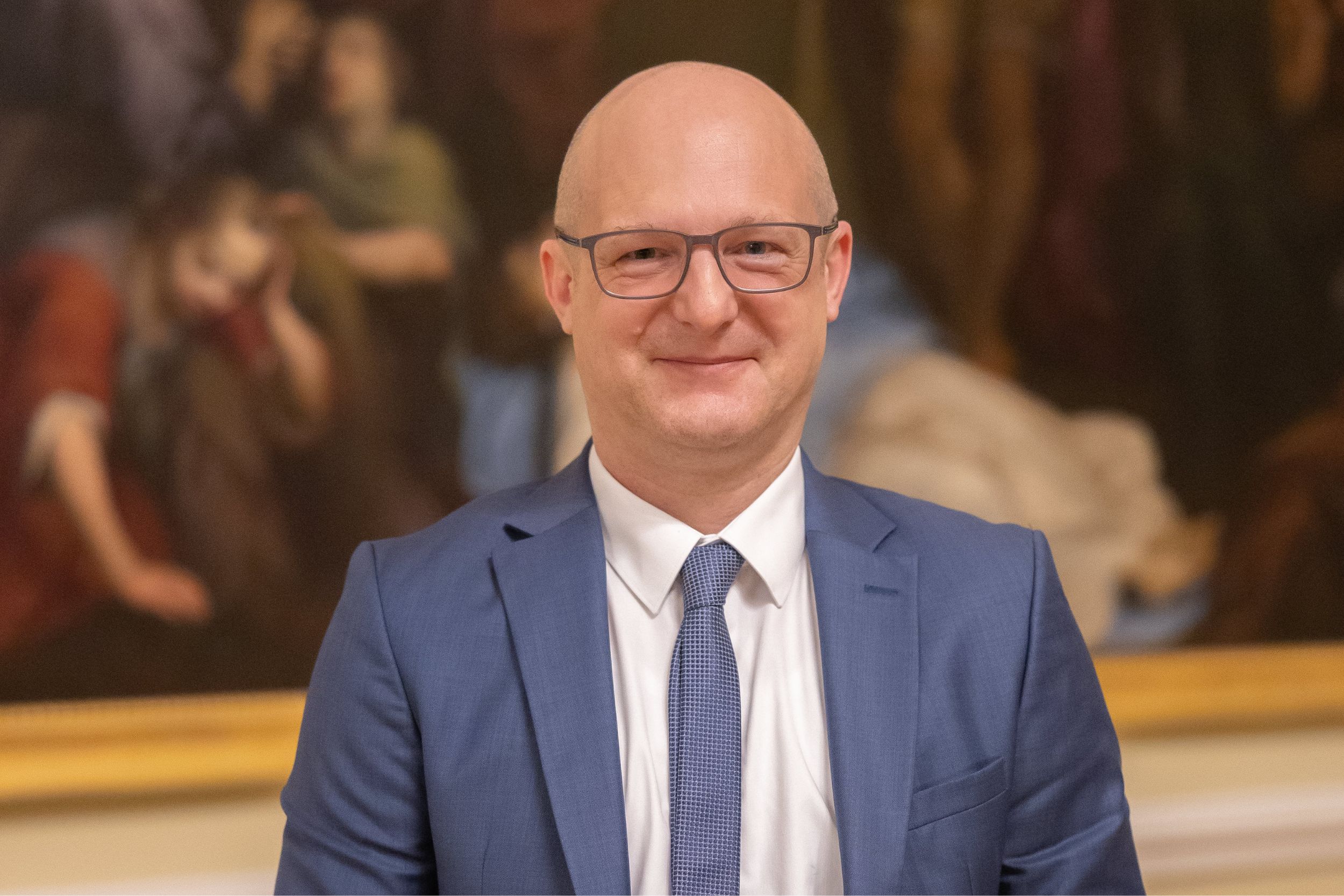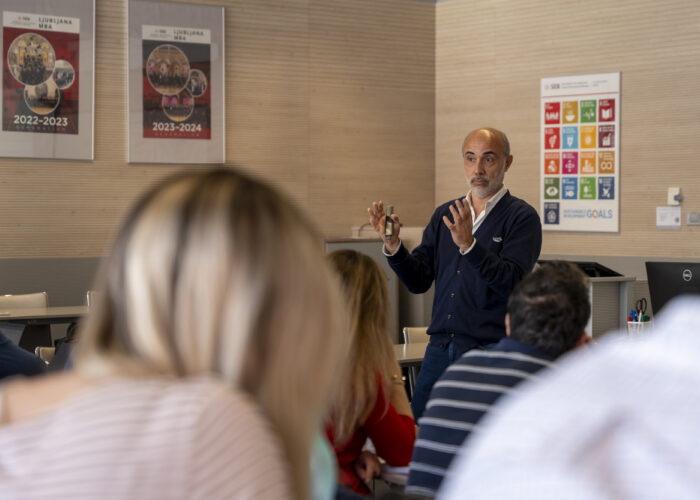Cookies, which are installed to your browser, anonymously collect specific information about your visits to the website. They enable us to guarantee the function of every website application, specific content is tailored especially for you and the visit analysis opts for constant improvements to the website.

Save €4000 on Your Tuition Fee with LJUBLJANA MBA Early Bird Discount
10. February, 2023
LJUBLJANA MBA Annual awards 2022: Award of Excellence for Best Alumni 2021/2022 – Daniel Polito
16. February, 2023
Save €4000 on Your Tuition Fee with LJUBLJANA MBA Early Bird Discount
10. February, 2023
LJUBLJANA MBA Annual awards 2022: Award of Excellence for Best Alumni 2021/2022 – Daniel Polito
16. February, 2023LJUBLJANA MBA Annual awards 2022: Award of Excellence for Best professor 2021/2022 – Aljoša Valentinčič
Each year, LJUBLJANA MBA’s annual awards honour the best performing MBA professors. The 2021/22 generation has honoured prof. dr. Aljoša Valentinčič with this award. We invite you to read his MBA story.

Professor Valentinčič, what does this award mean to you?
The award is a great honor for me, but it is also an important recognition that corporate finance can be presented and discussed in a way that gives MBA students a good picture of the core concepts without sacrificing the necessary details.
Corporate Finance is one of the foundational courses in the program and is typically considered one of the most difficult, but also one of the courses that candidates benefit from the most. What makes your course different?
Corporate Finance is internally beautiful – you can build it from the ground up with mathematical equations and think it through. However, real life brings so many important details that it sometimes becomes difficult to connect the economic reality with the formulas. In order to teach corporate finance effectively, I have to find a good balance between these two aspects – together with the MBA candidates. The topics we cover in the course are issues that I believe are unavoidable in any economic decision-making, be it in large, publicly traded companies or in smaller private firms or various public institutions. The challenge is to find the right level of general economic thinking and combine it with the experience that MBA candidates bring to the classroom. I avoid formulas where possible, but I insist on formulas where I believe they cannot be avoided. It helps that I have also dealt with many of these issues in real life, as a member of supervisory boards, audit committees, etc.
Your work also deal with very innovative research – neuroscience and its application to corporate finance. How do you incorporate these topics into the MBA course?
The course is very focused, so I do not have as much time as I would like to talk about it, but I include bits and pieces from neuroeconomics as often as I can. Once we get the behavioral lab set up at SEB, hopefully we will be able to do an experiment or two. In recent years, we have invited MBA candidates to participate in an experiment on attitudes toward risk and uncertainty that we are currently running with the medical school. Finance has great formulas for quantifying risk, but humans – fortunately, I would say – are not perfect, so there is a discrepancy between the numbers we are trying to understand.
What is your ideal outcome after completing your MBA course ?
My ideal outcome is that MBA colleagues encounter a financial problem in their professional lives, recognize it, remember the logic, and then seek the details in the literature if necessary. I can not and will not expect people to memorize various details and formulas, but if I can manage to plant this corporate finance tree in the back of their minds, that would be great.
The applications for the LJUBLJANA MBA are now open for 2024. Don’t miss this opportunity to enhance your business skills and advance your career.


